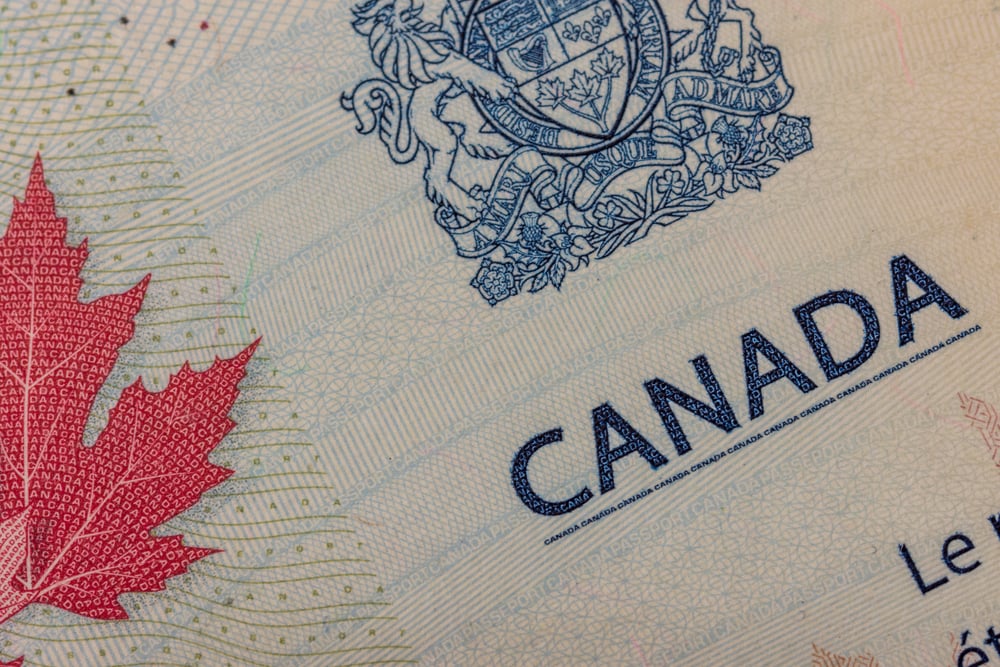People from other countries often visit Canada for fun, family visits, or business. To enter Canada, folks from visa-required places need a temporary resident visa. However, there are many reasons why Immigration, Refugees, and Citizenship Canada (IRCC) might say no to someone’s visitor visa application.
Incomplete Forms and Money Stuff
Visiting Canada means meeting strict entry rules, such as giving IRCC all the necessary papers. It’s wise for Canada-bound visitors to double-check what IRCC wants to ensure they send everything. Also, visa seekers must pay IRCC’s fees on time to avoid problems with their application.
Past Crimes and Telling the Truth
People with a criminal past may be denied entry into Canada. But sometimes, having a record doesn’t mean no entry. So, folks wanting a visitor visa should be open about their past and give all the papers IRCC asks for.
Fuzzy Plans and Papers
Visa refusals happen if folks need clarification about why they’re coming to Canada. To avoid that, they should give extra papers, like a travel plan, to help immigration and border folks understand why they’re visiting and what they’ll do here. Other evidence of intention may include flight reservations and hotel accommodations.
Lack of Home Country Ties and Establishing Confidence
As guests typically receive admission to Canada for a maximum of six months, a considerable aspect of the application procedure involves proving they will depart at the end of their approved visit. Hence, refusal might occur if an IRCC or CBSA officer suspects an individual might overstay their visa in Canada.
A particular factor contributing to IRCC’s doubt about a visitor’s departure is their perceived need for strong connections to their country of origin. To aid IRCC in confirming the applicant’s ties to their homeland, instilling confidence that they will leave Canada at the end of their permitted stay, applicants should provide documents like the ones listed below:
- Demonstration of employment in their country of origin (confirmation correspondence and salary receipts)
- Indicating familial dependents in the candidate’s native land (offspring, guardians, grandparents, etc.)
- Verify land ownership in the applicant’s country of origin (rental contracts, etc.)

Travel Record Concerns and Candid Communication
Traveling to Canada may pose increased difficulty but remains feasible for candidates with a problematic travel past. In the context of a visitor visa application, IRCC might decline to grant a visa to international citizens with a history of:
- Previous overstays in Canada
- Previous rejection of Temporary Resident Visa (TRV) petitions in Canada
To aid IRCC in alleviating apprehensions about an applicant’s prior TRV rejections or concerns that they might repeat the trend of overstaying their permitted period in Canada, the candidate should maintain openness with the immigration authority regarding this history. Similarly, forthrightness is crucial for an applicant’s criminal record and purpose for visiting Canada; prospective visitor visa holders should furnish IRCC with a comprehensive account of this history and demonstrate the measures they have adopted to rectify this conduct.






